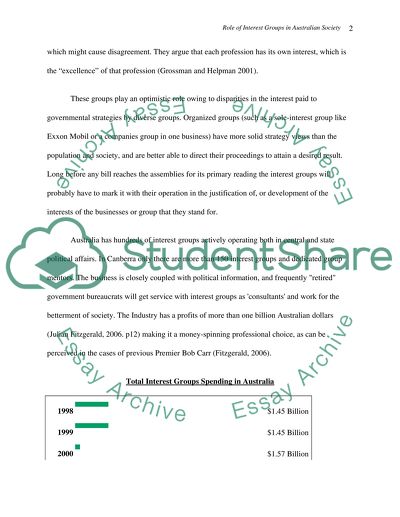Cite this document
(“Australian government business relations Essay Example | Topics and Well Written Essays - 1500 words”, n.d.)
Retrieved from https://studentshare.org/miscellaneous/1518688-australian-government-business-relations
Retrieved from https://studentshare.org/miscellaneous/1518688-australian-government-business-relations
(Australian Government Business Relations Essay Example | Topics and Well Written Essays - 1500 Words)
https://studentshare.org/miscellaneous/1518688-australian-government-business-relations.
https://studentshare.org/miscellaneous/1518688-australian-government-business-relations.
“Australian Government Business Relations Essay Example | Topics and Well Written Essays - 1500 Words”, n.d. https://studentshare.org/miscellaneous/1518688-australian-government-business-relations.


